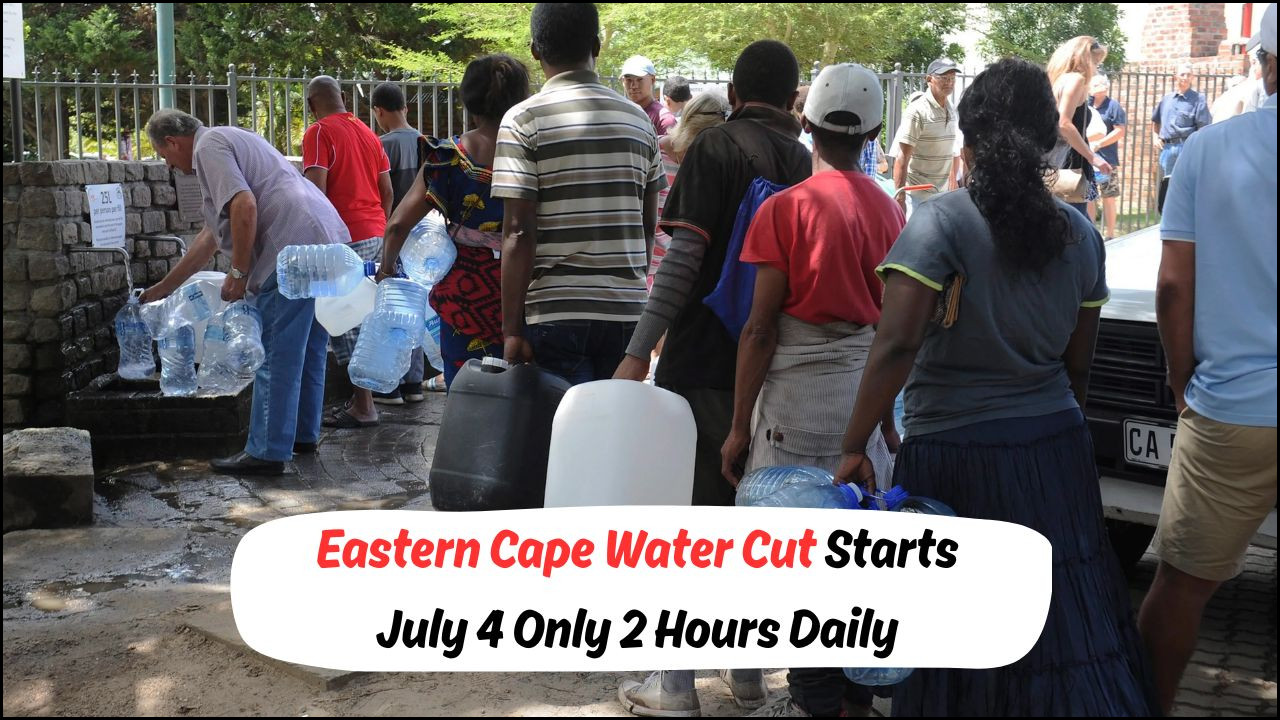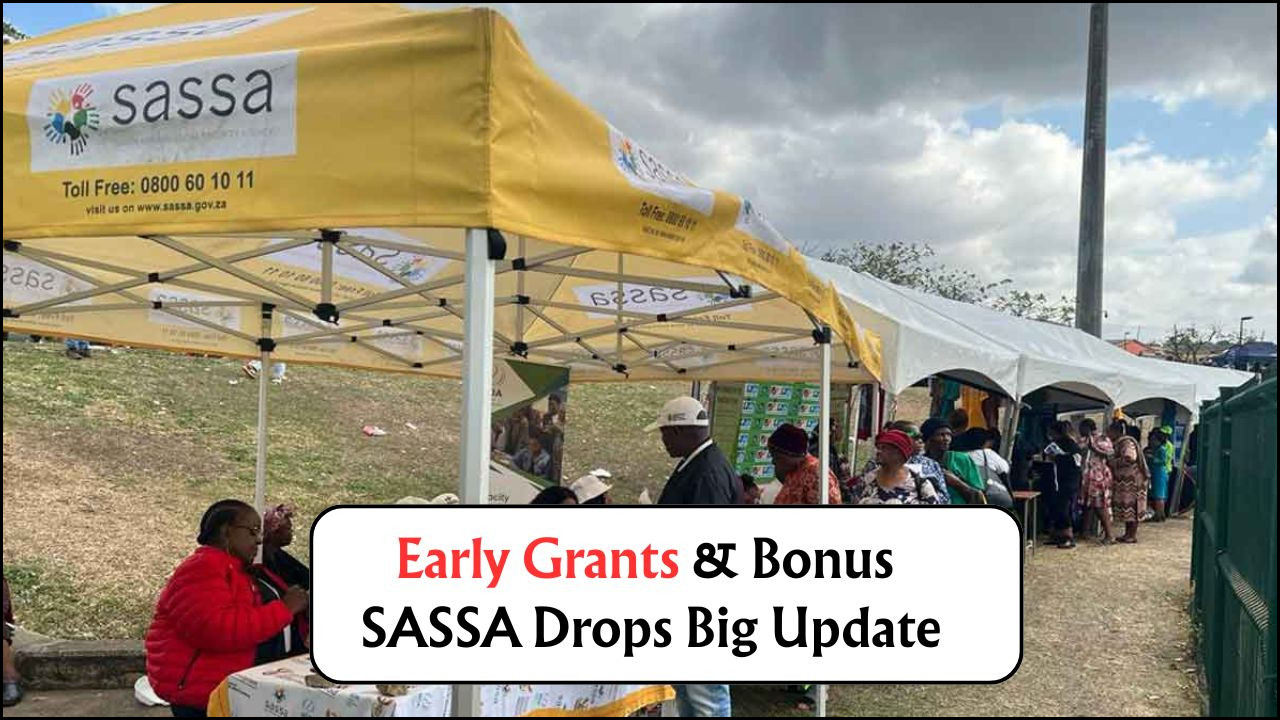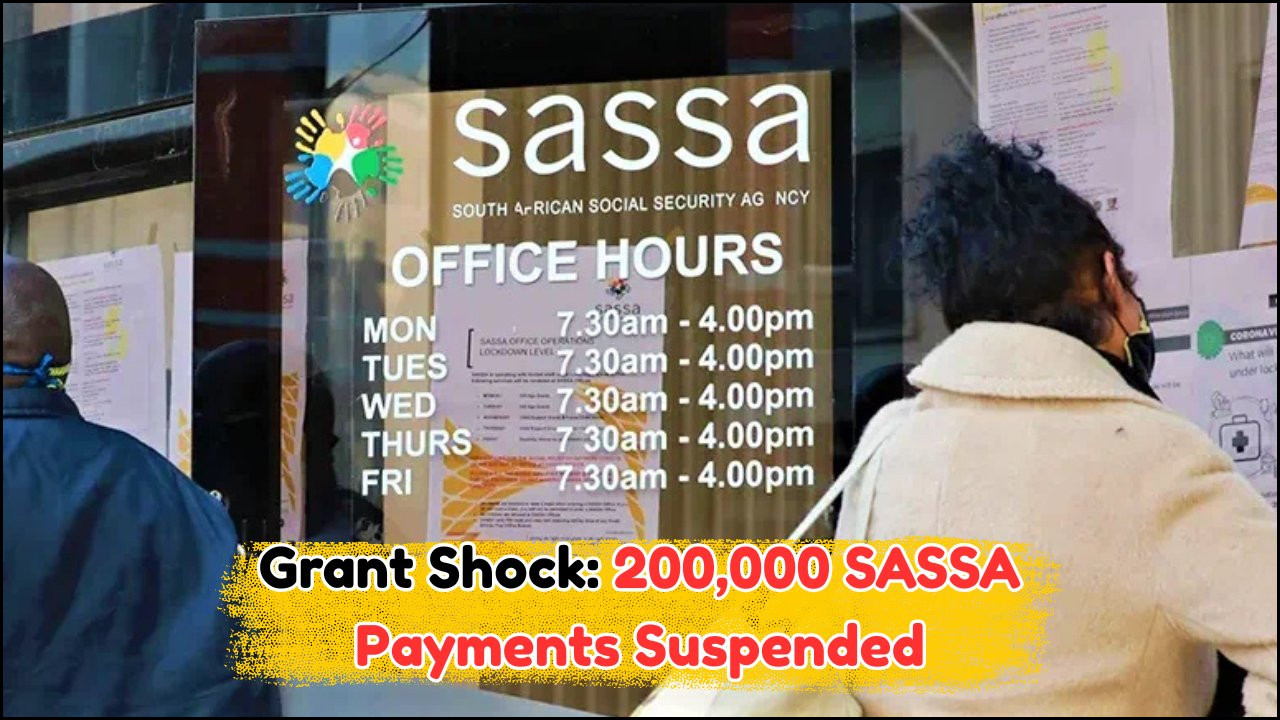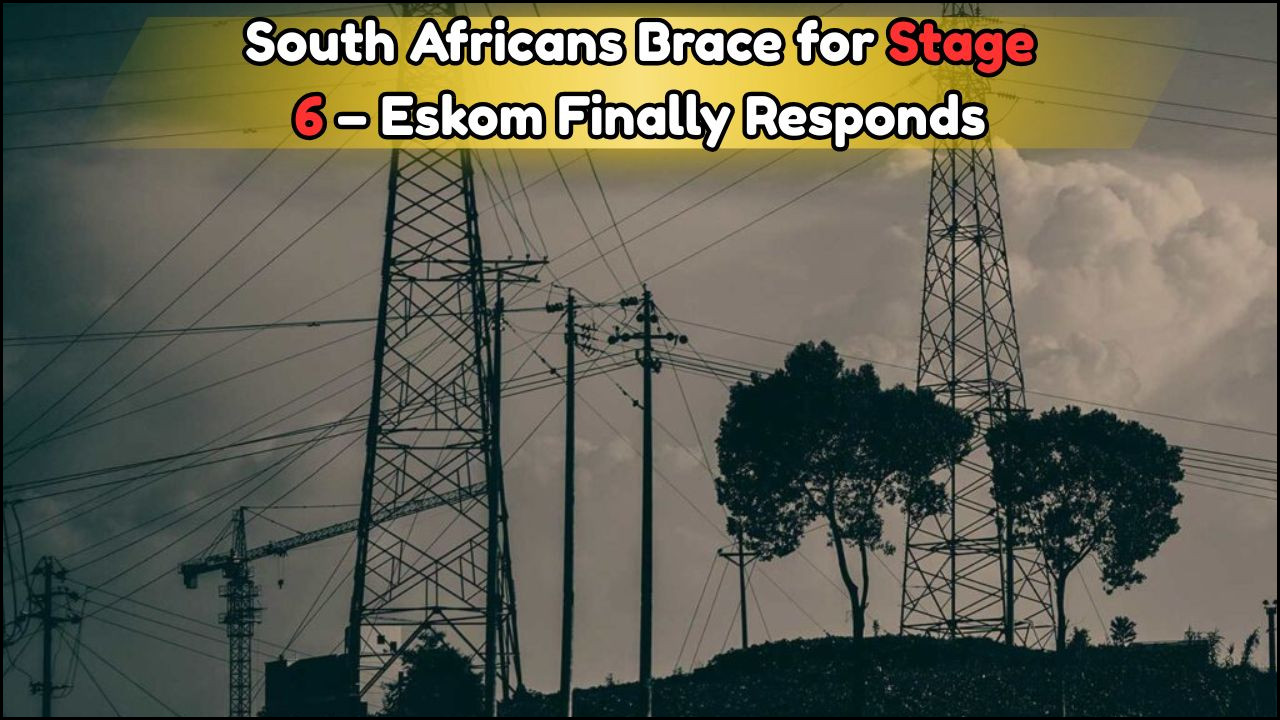Eastern Cape Water Cuts Schedule: In response to ongoing water shortages, the Eastern Cape will experience scheduled water cuts starting July 4. Residents are urged to prepare for these two-hour interruptions that aim to manage the region’s limited resources more efficiently. With multiple areas affected, it’s crucial to stay informed about when your locality will be impacted. This initiative is a necessary step to tackle the drought challenges the province has been facing. Residents are advised to store ample water and adjust their routines to accommodate the scheduled cuts, ensuring minimal disruption to daily life.
Understanding the Eastern Cape Water Rationing Initiative
Water scarcity has become a pressing concern in the Eastern Cape, necessitating the introduction of scheduled water cuts. This rationing plan is designed to conserve the region’s dwindling water supplies amid prolonged drought conditions. As part of this initiative, residents will experience two-hour water cuts according to a pre-defined schedule, allowing authorities to distribute water more equitably across the region. The goal is to ensure that all areas receive adequate water supply while minimizing wastage and promoting sustainable usage practices. By adhering to these schedules, communities can contribute to preserving this vital resource.
- Scheduled water cuts begin on July 4
- Two-hour interruptions planned
- Initiative aims to conserve water
- Residents encouraged to store water
- Contributes to sustainable water management
Area-Wise Water Cut Schedule for Eastern Cape
The water cut schedule is meticulously crafted to ensure fair distribution across different areas in the Eastern Cape. Residents will need to familiarize themselves with the specific timings applicable to their localities. A detailed timetable has been released, outlining the exact hours of water cuts for each area, which residents can access through local government websites and community centers. This transparency is intended to help communities plan their daily activities around these interruptions, reducing inconvenience and ensuring preparedness. It’s crucial for residents to stay updated, as adjustments to the schedule may occur based on water availability and ongoing assessments.
| Area | Day | Start Time | End Time | Frequency | Contact Point | Notes |
|---|---|---|---|---|---|---|
| Port Elizabeth | Monday | 10:00 AM | 12:00 PM | Weekly | Local Municipality | Check updates weekly |
| East London | Tuesday | 2:00 PM | 4:00 PM | Bi-weekly | Civic Center | Adjustments possible |
| Grahamstown | Wednesday | 8:00 AM | 10:00 AM | Weekly | Regional Office | Store extra water |
| Uitenhage | Thursday | 3:00 PM | 5:00 PM | Weekly | Community Hall | Check for alerts |
| Queenstown | Friday | 9:00 AM | 11:00 AM | Monthly | Municipal Office | Subject to change |
| Aliwal North | Saturday | 1:00 PM | 3:00 PM | Monthly | Town Hall | Bring containers |
| Bhisho | Sunday | 5:00 PM | 7:00 PM | Bi-monthly | Administration Building | Latest updates online |
| King William’s Town | Monday | 12:00 PM | 2:00 PM | Weekly | Municipal Depot | Check website |
Preparing for Water Cut Interruptions in Eastern Cape
Preparing for the upcoming water cuts in the Eastern Cape involves several proactive measures to ensure minimal discomfort. Firstly, residents should consider storing enough water to cover essential needs during the cut hours. This includes drinking water, cooking, and basic hygiene. Utilizing water storage containers can be an effective strategy. Secondly, adjusting daily routines to align with the water schedule, such as completing laundry and cleaning tasks outside the cut hours, can help mitigate inconvenience. Additionally, staying informed through official channels about any changes in the schedule is crucial for ongoing preparedness.
- Store sufficient water for essential needs
- Adjust routine tasks around the schedule
- Use water-saving devices where possible
- Stay informed about schedule changes
- Participate in community water conservation efforts
Impact of Water Cuts on Eastern Cape Residents
While the scheduled water cuts are a necessary measure to address the water crisis, they inevitably impact residents’ daily lives. The inconvenience of not having water for two-hour periods requires adjustments in household management and lifestyle. Schools, businesses, and healthcare facilities may also experience disruptions, necessitating contingency plans to maintain operations. Community cooperation and understanding are vital in these times as everyone adjusts to the temporary measures. The initiative also serves as a reminder of the importance of water conservation and the need to adopt long-term strategies for sustainable water use across the province.
- Household routines will need adaptation
- Potential disruptions in educational institutions
- Business operations might be affected
- Healthcare facilities to plan for uninterrupted service
- Community cooperation essential
Long-Term Solutions for Water Scarcity in Eastern Cape
Addressing water scarcity in the Eastern Cape requires a concerted effort towards long-term solutions. Investment in infrastructure to improve water storage and distribution is critical. This includes building more dams and upgrading existing pipelines to reduce losses. Additionally, promoting water conservation education and practices among communities can foster a culture of sustainable water use. Encouraging rainwater harvesting and the installation of water-efficient appliances in homes and businesses can also contribute significantly. Collaboration between government, private sector, and local communities is key to developing and implementing strategies that ensure water security for future generations.
- Invest in water storage infrastructure
- Upgrade distribution systems
- Promote water conservation education
- Encourage rainwater harvesting
- Install water-efficient appliances
Community Role in Supporting Water Conservation Efforts
Communities play a pivotal role in supporting water conservation efforts across the Eastern Cape. By adopting water-saving habits and participating in local conservation initiatives, residents can make a substantial impact. Simple actions like fixing leaks, using water-saving devices, and reducing water wastage in everyday activities can collectively contribute to the region’s water sustainability. Community-led projects such as tree planting and awareness campaigns can further bolster conservation efforts. Residents are encouraged to engage with local authorities and organizations dedicated to water conservation to share ideas and collaborate on projects that enhance resource management.
| Initiative | Description |
|---|---|
| Leak Fixing Campaign | Encourages residents to repair water leaks promptly |
| Water-Saving Workshops | Offers training on using water efficiently |
| Conservation Awareness Drives | Educates communities on water scarcity issues |
| Tree Planting Projects | Improves local ecosystems and water retention |
| Rainwater Harvesting Programs | Promotes the use of collected rainwater |
| School Education Initiatives | Integrates water conservation into the curriculum |
| Community Partnerships | Fosters collaboration on water management projects |
Challenges and Opportunities in Implementing Water Cuts
The implementation of water cuts in the Eastern Cape presents both challenges and opportunities. On the one hand, the initiative requires effective communication and coordination between government bodies and citizens to ensure smooth execution. The risk of misinformation and non-compliance could undermine the effort, making it vital to maintain transparency and provide clear guidance. On the other hand, this situation presents an opportunity to innovate and implement modern water management solutions, such as smart metering and data analytics, to optimize water use and distribution. It also serves as a catalyst for engaging communities in meaningful dialogue about water sustainability, driving collective action towards long-term change.
 SASSA Announces Crucial Updates: July–August Grant Payment Dates and Eligibility Criteria Revealed!
SASSA Announces Crucial Updates: July–August Grant Payment Dates and Eligibility Criteria Revealed!
- Effective communication is crucial
- Misinformation risks need to be managed
- Opportunities for innovation in water management
- Community engagement is key
- Potential for long-term positive change
Exploring Technological Solutions to Water Scarcity
The adoption of technological solutions can significantly enhance the management of water scarcity in the Eastern Cape. Innovations such as smart water meters can provide real-time data on water usage, enabling consumers to monitor and reduce consumption effectively. Advanced irrigation systems in agriculture can optimize water use, ensuring that crops receive adequate hydration with minimal wastage. Furthermore, the integration of artificial intelligence in water resource planning can enhance decision-making processes, predicting shortages and optimizing distribution networks. These technologies, when combined with community initiatives, can create a robust framework for tackling water scarcity challenges in the region.
- Implement smart water meters
- Optimize irrigation systems
- Utilize artificial intelligence for planning
- Enhance decision-making with data
- Support with community initiatives
FAQ: Eastern Cape Water Cuts
What is the purpose of the water cuts in the Eastern Cape?
To manage and conserve limited water resources during the ongoing drought.
How long will the water cuts last?
Each cut will last for two hours, with the schedule subject to change based on water availability.
How can residents prepare for the water cuts?
By storing water, adjusting routines, and staying informed about the schedule.
Will businesses be affected by the water cuts?
Yes, businesses should prepare for potential disruptions and plan accordingly.
What long-term solutions are being considered?
Investments in infrastructure, water conservation education, and technological innovations.







